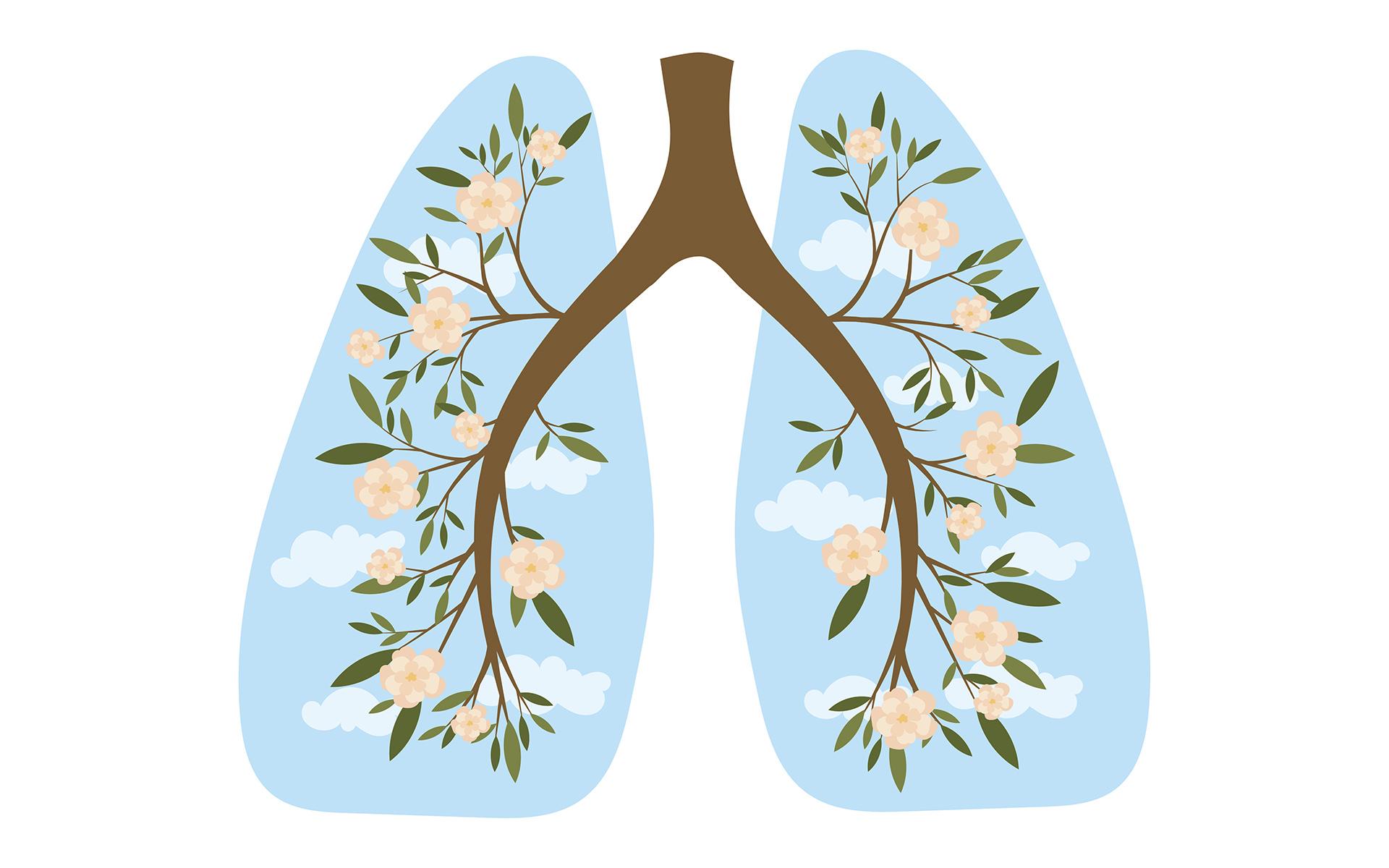In the bustling symphony of modern life, stress often plays the unwelcome conductor, orchestrating chaos in our minds and tension in our bodies. From the relentless demands of work to the unpredictable challenges of personal life, stress has a knack for weaving itself into the very fabric of our daily existence. Yet, amidst this turmoil, there exists a repertoire of stress management techniques that not only promise relief but actually deliver tangible results. This article embarks on a journey through the labyrinth of stress, uncovering strategies that have stood the test of time and science, offering a beacon of hope for those seeking harmony in the dissonance. Whether you’re navigating the stormy seas of anxiety or simply looking to cultivate a more serene state of mind, these techniques provide practical pathways to reclaiming peace and balance.
Mindful Breathing and Its Immediate Impact
One of the simplest yet most profound techniques for alleviating stress is mindful breathing. This practice involves focusing your attention solely on your breath, drawing you away from the chaos of your thoughts and into the present moment. The beauty of mindful breathing lies in its accessibility; it requires no special equipment and can be done anywhere, anytime. To begin, find a comfortable position, close your eyes if you feel comfortable, and take a deep breath in through your nose, allowing your abdomen to expand fully. Hold for a moment, then slowly exhale through your mouth. This process can be repeated for a few minutes, gradually easing tension and fostering a sense of calm.
- Immediate Effects: Within just a few breaths, you’ll likely notice a slowing of your heart rate and a reduction in anxiety levels.
- Heightened Awareness: This technique encourages a heightened awareness of your body and mind, helping to cultivate a sense of control over stress responses.
- Enhanced Focus: Regular practice can lead to improved concentration and mental clarity, aiding in better decision-making and problem-solving.
Harnessing the Power of Physical Activity
Incorporating regular physical activity into your routine can be a game-changer for managing stress. Exercise isn’t just about keeping your body in shape; it’s also a powerful tool for enhancing mental well-being. When you engage in physical activity, your body releases endorphins, often referred to as “feel-good” hormones, which naturally elevate your mood and help reduce stress levels. Moreover, exercise acts as a form of meditation in motion. Whether you’re running, swimming, or dancing, the rhythmic nature of movement can help clear your mind and improve focus.
- Boosts Mood: Physical activity stimulates the production of endorphins, which can lead to a more positive outlook.
- Improves Sleep: Regular exercise can help regulate sleep patterns, ensuring you get the rest you need to manage stress effectively.
- Increases Energy Levels: While it may seem counterintuitive, expending energy through exercise can actually leave you feeling more energized.
- Provides a Healthy Distraction: Focusing on a workout routine can divert your mind from stressors, offering a mental break.
To make the most of physical activity for stress relief, choose activities you enjoy, set realistic goals, and be consistent. Remember, even a short daily walk can have profound benefits for your mental health.

Cognitive Behavioral Strategies for Lasting Change
Incorporating cognitive behavioral strategies into your stress management toolkit can lead to transformative and enduring change. These techniques are designed to alter the thought patterns and behaviors that contribute to stress, making them powerful tools for anyone seeking a more balanced life. Mindfulness, for instance, encourages present-moment awareness, allowing you to recognize stress triggers and respond to them thoughtfully rather than reactively. Meanwhile, cognitive restructuring helps in identifying and challenging negative thought patterns, replacing them with more constructive perspectives.
Consider these actionable strategies to integrate into your daily routine:
- Thought Journaling: Write down stressful thoughts and analyze them for cognitive distortions.
- Progressive Muscle Relaxation: Engage in systematic tensing and relaxing of muscle groups to reduce physical tension.
- Behavioral Activation: Identify activities that bring joy and purpose, scheduling them regularly to counteract stress.
By consistently applying these methods, you can develop a resilient mindset that not only manages stress effectively but also fosters long-term emotional well-being.

The Role of Nutrition in Reducing Stress
In our fast-paced world, stress is often an unwelcome companion, but what we eat can play a significant role in how we manage it. Nutrition isn’t just about fueling the body; it’s also about nurturing the mind. A balanced diet can be a powerful ally in stress reduction. Here are some ways to integrate stress-busting nutrients into your daily routine:
- Omega-3 Fatty Acids: Found in fish like salmon and mackerel, these healthy fats support brain health and have been linked to lower levels of stress hormones.
- Antioxidant-rich Foods: Foods high in antioxidants, such as berries, nuts, and leafy greens, combat oxidative stress and support a calm, balanced mind.
- Magnesium-rich Options: Consuming foods like avocados, bananas, and dark chocolate can help regulate emotions by supporting neurotransmitter function.
- Complex Carbohydrates: Whole grains and legumes help stabilize blood sugar levels, providing a steady supply of energy and reducing mood swings.
Incorporating these nutrient-rich foods into your diet can be a simple yet effective way to combat stress, promoting a sense of well-being from the inside out.
To Conclude
As we draw the curtains on our exploration of stress management techniques that truly stand the test of time, it’s clear that finding tranquility amidst life’s chaos is not only possible but entirely within reach. From the rhythmic dance of mindful breathing to the grounding embrace of nature, these strategies offer more than just a fleeting escape—they are a pathway to resilience and clarity. As you embark on your own journey to manage stress, remember that the tools you choose are as unique as the challenges you face. Embrace them with patience and curiosity, allowing each moment of calm to weave into the fabric of your everyday life. managing stress is not about eradicating it entirely, but about transforming it into a stepping stone toward a more balanced and harmonious existence.


































